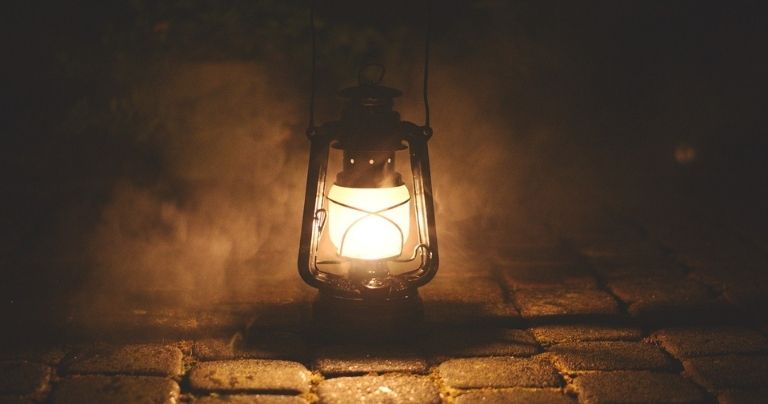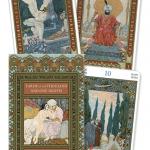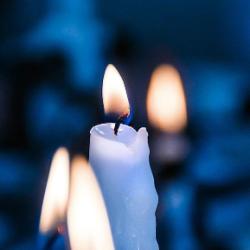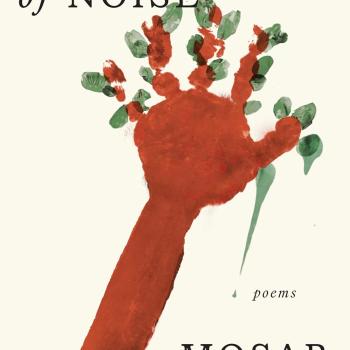I’ve been reading The Arabian Nights, one of my pre-Islamic readings for this year, since the beginning of the year, and while it is a heavy and sometimes even difficult book, it is filled with a lot of useful information about Arabic folklore, and I recently came across an interesting passage that speaks about the nature of the jinn and demons*, and whether they are good, bad, and their role in the world.

The passage in question is part of The Story of the Two Viziers, where a young man is taken by a demon and a she-demon, so they can return him to his home in Egypt. However (Haddawy, 1990, pp: 216-217):
No sooner had the Glorious and Almighty God bidden the day dawn and the announcers of prayer climbed to the minaret tops, to proclaim the Almighty One, than the angels shot the two demons with shooting stars. The demon was consumed by fire while the she-demon was saved by the Almighty God and was able to come down safely.
What I find interesting is the idea that Allah would save a she-demon although His angels, creatures supposedly entirely good, were shooting at her and her companion. Even though they were not doing any evil deed or harm to anyone, they were still attacked, one of them killed, and the other saved only because Allah allowed it. This makes me think that maybe demons and jinn are not exclusively evil, like angels may not be exclusively good.
In that first article about the jinn, I already explained that these beings can either be good or bad, and in the one about the modern day sha’ir, first, that the use of shaytan as a synonym for jinn could be a form of syncretism, and second, a sha’ir’s poetry was inspired by spirits, poetry used to inspire and praise his tribe during battles. They were also said to learn magic and get information through jinn in order to help their people. There doesn’t seem to be anything explicitly evil in this for me.
I already wrote about a personal experience where I didn’t feel comfortable sending a jinni away from me. This makes me think they have their own moral compass, perhaps different from humans’. They could be similar to the fairies in this regard, who have a different sense of what’s acceptable or not, which doesn’t make them evil, as Morgan Daimler has explained in many books, particularly in A New Dictionary of Fairies: A 21st Century Exploration of Celtic and Related Western European Fairies.
For me, this sole excerpt shows that there is nothing absolute in the universe according to Arabic folklore. Demons can be good, angels can be wicked, yet everything happens for a reason because Allah so commands it to be. This unnamed she-demon (pardon the pun; or not?) demonstrates that even seemingly evil spirits are needed in the world, that they are an essential part of the cosmos for it to fuction as it is meant to be.
* I use both words since they are sometimes used interchangeably in translations, although there’s the idea that jinn can turn into devils (shayāṭīn, plural form of shaytan, devil) as a result of their evil deeds (Lebling, 2020)
References:
- Lebling, Robert (2010). Legends of the Fire Spirits: Jinn and Genies from Arabia to Zanzibar. I. B. Tauris. p. 22. ISBN 978-0-857-73063-3.


















